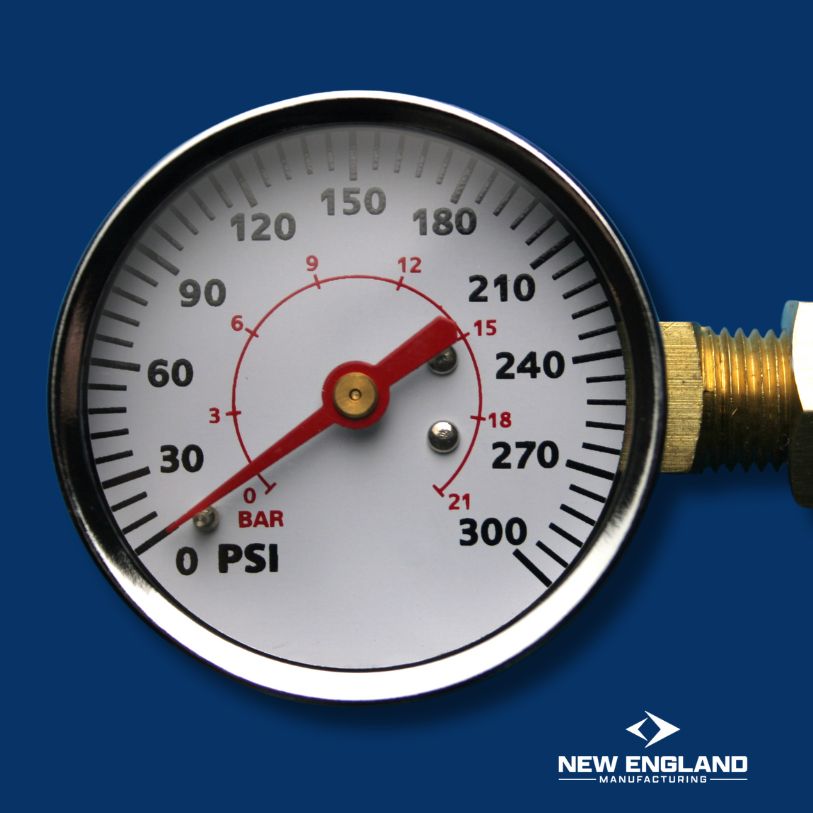Why Fire Pumps Are Crucial in Fire Suppression
Fire pumps play a crucial role in ensuring the safety and efficiency of firefighting systems. These vital components work behind the scenes, boosting water pressure and ensuring that fire suppression systems function effectively. Without fire pumps, many firefighting systems would be unable to deliver the necessary water volume and pressure to extinguish fires quickly.
This post delves into the importance of fire pumps, their operation, and their indispensable role in modern firefighting systems.
The Backbone of Firefighting Systems
When we think about firefighting, images of brave firefighters and powerful hoses often come to mind. However, the true hero in many scenarios is the fire pump. This device is essential for maintaining adequate water pressure in firefighting systems, particularly in high-rise buildings or extensive industrial complexes. Fire pumps ensure that water reaches every corner of a facility, regardless of its height or size.
Fire pumps are designed to work in tandem with other firefighting equipment. They boost the water supply from municipal sources or storage tanks, ensuring that the water pressure is sufficient to combat fires effectively. This seamless integration makes fire pumps indispensable in maintaining the overall integrity and functionality of fire protection systems.
How Fire Pumps Work
Understanding how fire pumps operate is key to appreciating their importance. A fire pump is activated when the water pressure in the sprinkler system drops below a preset level. This drop typically occurs when a sprinkler head is activated or a fire hose is used. The pump then kicks in to increase the water pressure, ensuring that the system can deliver water at a rate high enough to suppress the fire.
Fire pumps are available in different types, each suited for specific applications. The most common types are centrifugal pumps, which are favored for their efficiency and reliability. They use a rotating impeller to increase the velocity of the water, which is then converted to pressure. This simple yet effective mechanism allows for continuous and steady water flow, which is crucial in firefighting scenarios.
Types of Fire Pumps
Different fire situations and building structures require specific types of fire pumps. Here are some of the most common types:
- Centrifugal Fire Pumps: These are the most widely used due to their efficiency and ability to handle large volumes of water. They are ideal for both residential and commercial buildings.
- Vertical Turbine Fire Pumps: These pumps are used when the water source is below ground level, such as a well. They are highly effective in supplying water from these depths to the firefighting system.
- Horizontal Split-Case Fire Pumps: Known for their durability and ease of maintenance, these pumps are suitable for high-capacity applications. They are commonly found in large industrial complexes.
- End Suction Fire Pumps: These are compact and cost-effective, making them suitable for smaller buildings or spaces with limited room.
Each type of fire pump has its unique advantages and applications, making it essential to choose the right pump for specific needs.
Installation and Maintenance
Proper installation and maintenance of fire pumps are critical to their performance. Fire pumps must be installed according to specific codes and standards to ensure they function correctly during emergencies. This involves selecting the right pump, ensuring proper alignment, and installing necessary accessories like pressure relief valves and controllers.
Regular maintenance is equally important. Fire pumps should be tested and inspected periodically to identify and rectify any issues before they become critical. This includes checking for leaks, ensuring the impeller is free of debris, and verifying that the pump starts and runs correctly. Regular maintenance ensures that the fire pump will perform optimally when needed most.
The Role of Fire Pumps in Different Settings
Fire pumps are used in various settings, each with unique requirements. In high-rise buildings, fire pumps are essential for maintaining water pressure on higher floors, where gravity reduces the effectiveness of water flow. Industrial complexes, with their vast spaces and potential for hazardous materials, require robust fire pumps to ensure comprehensive coverage and protection.
Fire pumps ensure that homes are adequately protected in residential areas, particularly in communities with low water pressure. Hospitals, schools, and other public buildings also rely on fire pumps to maintain safety standards and protect lives.
The Future of Fire Pumps
The role of fire pumps is evolving with advancements in technology. Modern fire pumps are becoming more efficient, reliable, and easier to maintain. Smart technologies are being integrated into fire pumps, allowing for remote monitoring and control. This ensures that any issues can be detected and addressed promptly, further enhancing the reliability of firefighting systems.
Sustainability is also a growing focus. Manufacturers are developing fire pumps that consume less energy and are made from environmentally friendly materials. This reduces operational costs and aligns with global efforts to reduce carbon footprints.
Conclusion
Fire pumps are the unsung heroes of firefighting systems, providing the necessary pressure and flow to combat fires effectively. From high-rise buildings to industrial complexes, their role is indispensable in ensuring safety and protection. Understanding the different types of fire pumps, their operation, and the importance of proper installation and maintenance can help select the right pump for specific needs.
At New England Manufacturing, we are committed to providing top-quality fire pumps that meet the highest safety and efficiency standards. Our range of products ensures you have the best protection for your property and loved ones. For more information, visit New England Manufacturing.
Investing in the right fire pump and maintaining it properly ensures that your firefighting system is always ready to perform at its best, safeguarding lives and property from the devastating effects of fire.
Read More:

Mark R.
With a strong foundation in industrial safety and fire protection systems, Mark R. specializes in creating clear, technical, and compliance-driven content. Writing for SafeTech Reports, he covers topics such as fire hydrant testing, PPE protocols, emergency procedures, and smart technology integration in safety systems. His work ensures that professionals stay informed on the latest regulations, best practices, and emerging trends in safety and infrastructure maintenance.
Get in touch
We usually respond within 24 hours
Need Reliable Water Flow Test Equipment?
For over 70 years, New England Manufacturing has been the trusted source for fire hydrant and water flow testing kits. From pitot gauge kits to custom test kits, we provide precision, durability, and expert calibration to meet your needs.
- Custom-built test kits
- High-quality pressure gauges
- Reliable calibration services


